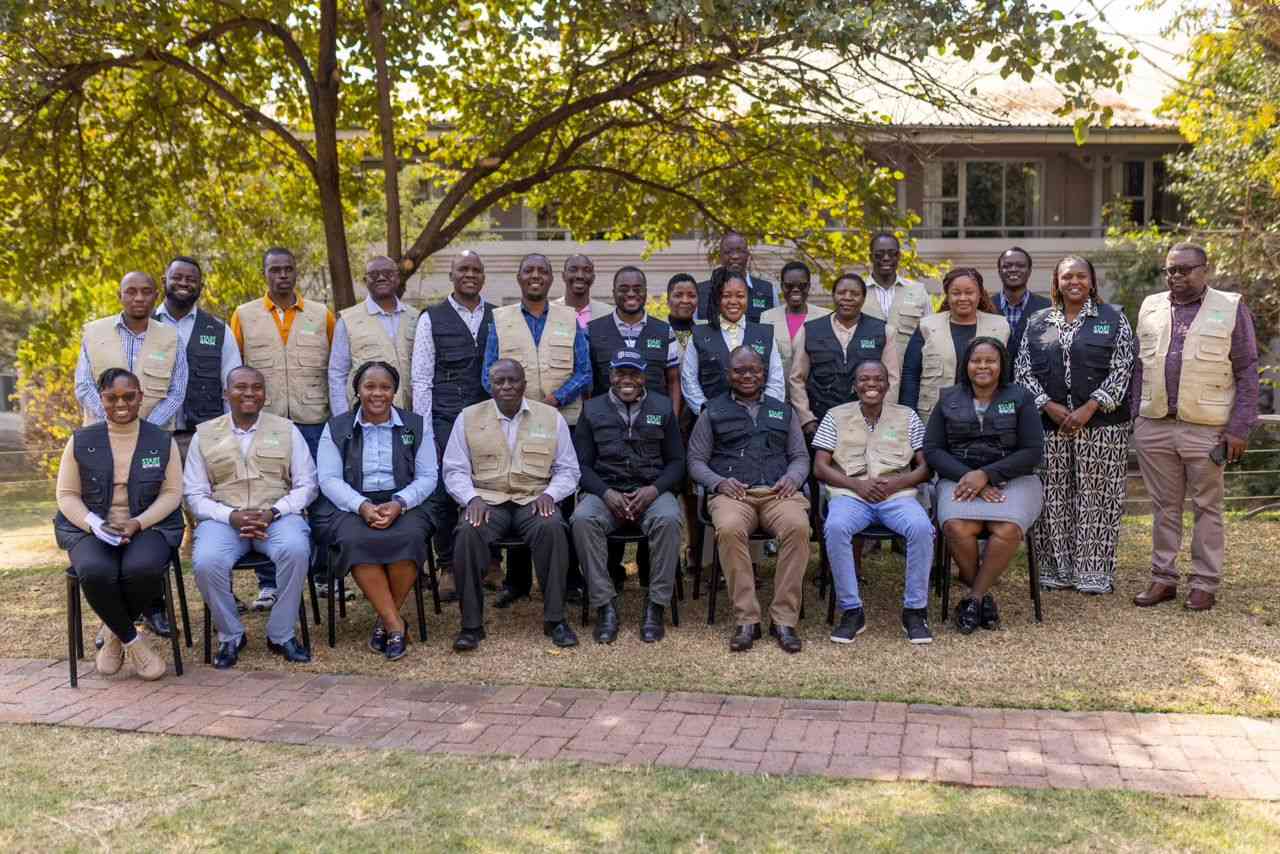
Start Network, a global group of non-governmental organisations, has called on international humanitarian relief agencies to embrace anticipatory action (AA) as a key response strategy to significantly reduce the loss of human life and livelihoods caused by climate-induced disasters.
AA is a proactive approach that focuses on acting ahead of a crisis, using forecasts and risk analysis to trigger interventions, rather than waiting for a disaster to unfold and then responding.
Speaking on the sidelines of a roundtable discussion organized by Start Network recently, the organization’s regional advisor for East and Southern Africa, Nelly Maonde said the gathering had brought together multiple agencies, experts and government representatives to unpack AA and share best practices in international as well as local contexts.
“We basically looked at different AA efforts around the globe by multi-agencies and we wanted to learn what is the current set of play on AA, (so) this meeting brings together the UN Agencies, Red Cross, Start Network INGO and Local NGO members, a group of experts that support us locally and an advisory group to our funding mechanisms in Zimbabwe,” Maonde told NewsDay.
She also said that the roundtable engagement, which saw the presentation of Start Network’s global Rapid Evidence Assessment Report on AA, aimed at bringing local stakeholders constituting the AA community of practice (CoP) to deliberate findings and “also have inputs on the experiences from Zimbabwe”.
“In the humanitarian sector, we were used to reacting when the cameras are focusing on people that have been impacted, then we start to mobilize resources and weeks or months later we move in to support but that is a reactive approach when the impact has already been felt,” said Maonde adding that non-governmental organisations needed to support government efforts to be proactive.
“We want to move and make a shift, take a proactive approach and act in anticipation because when we do that we save lives, assets, livelihoods and protect development gains.”
According to the Department of Civil Protection deputy director Farai Hokonya the country has come up with a national anticipatory action roadmap, a “foundation of how we are going to roll out anticipatory action in Zimbabwe”, after years of deliberation.
“The country receives quite a lot of disasters (and) we have concluded that Zimbabwe is a multi-hazard country which means that planning at every stage is very important to respond to the challenges that befall us,” said Hokonya.
“The government was well known for having the national multi-hazard contingency planning process year-in-year-out but that was not enough because the contingency planning process was giving a global picture of the country (and) what is it that we can do but the gap between that plan and response was very huge.
“The CoP team really came up with this concept to say we are borrowing from the good practices that happen elsewhere, let’s try to ensure that we have this proofing of our response by having anticipatory action.”










